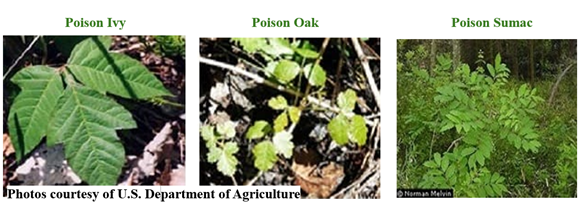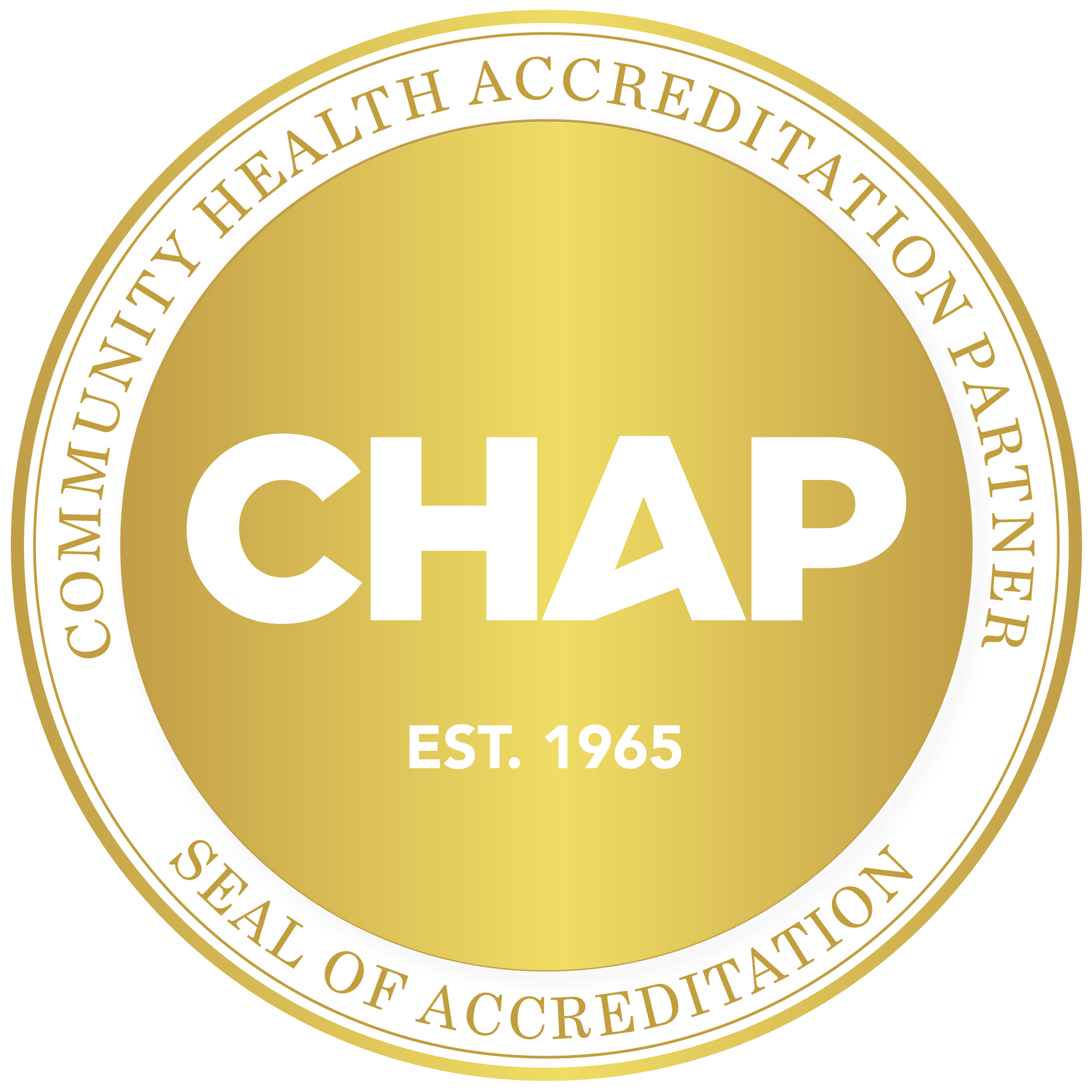Our nurses and caregivers can spend more time outside with their patients when the weather warms. Direct care staff need to be aware of the risks associated with being outside. Exposure to toxic plants, such as poison ivy, poison oak, and poison sumac, is a common concern. All around the United States, particularly in gardens, forests, and even parks, you can find these plants. It is important to understand and recognize these plants for our clients' and caregivers' safety. This article will go over how to identify these plants and what to do to prevent exposure.
According to the CDC, the old saying ‘Leaves of Three, Let it Be!” helps to identify only poison oak and poison. However, ivy and oak may also have more than 3 leaves depending on the environment or the season. Poison sumac often as between 7-13 leaves. Below, we will break down how our nurses and aides can easily identify these plants to protect each other and their patients.
Now that we have covered how to identify these poisonous plants, let’s talk about how to protect our nurses from exposure to them. According to the US Food and Drug Administration, when oil gets on your skin it develops an allergic reaction presenting as an itch, then a rash. After the rash develops, it often forms into blisters.
Our nurses and caregivers can wear long sleeves or pants to avoid exposure. This will protect any skin from being exposure to a toxic plant. Additionally, it is crucial that our personal care assistants and nurses are cautious when they are out and about with their clients. We can prevent close contact with the plants mentioned above by following this step.
To prevent the spread of this rash, our employees should remember to wash any clothing or item that touches this plant. The rash itself from this plant is not contagious, but the oils from the plant left on any items is, as reported by the US Food and Drug Administration. If our nurses and aides continue to practice proper hand hygiene, and use of gloves, it will help prevent the spread of these oils on to their patients.
If a CritiCare employee or a CritiCare patient is exposed to one of the toxic plants listed above, it is crucial to contact your primary care doctor to discuss the best course of treatment.
In summary, if our caregivers at CritiCare educate themselves on how to identify these plants, it will help protect themselves and their patients. Whenever you are outside, whether it be a park, playground or trail, make sure to remember these plants and make sure you avoid them! For additional information on how to identify these plants, please visit the websites listed under the reference page.













